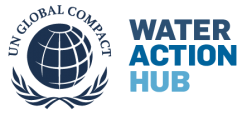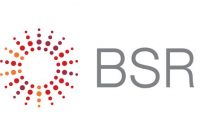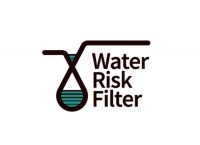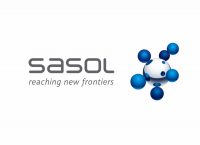Location: Guatemala
Issue: Improving watershed health in the Mesoamerica Reef Catchments.
Organizations involved: Coca-Cola, WWF, CARE International, ABASA
Year: 2007
This case study drawn from:
In 2007, the Coca-Cola Company and World Wildlife Fund (WWF) established a global partnership on the premise that water was central to the interests of the world’s largest beverage company and the world’s largest international conservation organization. The partnership sought to simultaneously leverage the organizations’ global reach and local networks in order to affect watershed health, community sustainability, and water quality outcomes in seven river basins, which were targeted based on the degree to which they were threatened, the opportunity for meaningful impact, and their importance to the partners’ conservation and commercial interests.
In one target area, the Mesoamerican Reef Catchments, sediments and effluents from human activities in the adjoining basins of the Motagua and Polochic Rivers in Guatemala threatened water quality throughout the catchments and in the reef itself. These water resources are essential to 500 communities, two hydroelectric projects, numerous agricultural irrigation systems, cattle ranching, and industries including a Coca-Cola bottler, ABASA.
WWF had been working in the region for more than 25 years to build local alliances and partnerships in order to harmonize development with a healthy marine ecosystem, and a relationship had already been developing between the local WWF and ABASA staffs. The global partnership brought additional resources and focus to these efforts and leveraged the local networks and skill sets of the Coca-Cola Company, WWF, and additional partners such as CARE International to make available financial and technical assistance and other resources in order to develop a battery of conservation initiatives in key subbasins. In all, 11 communities were involved in adopting sustainable agricultural practices, transitioning to higher-income-generating activities, or participating in reforestation and watershed protection activities. The Coca-Cola Company participates as a full partner with WWF and CARE in the planning and management of these interventions while WWF, CARE, and other partners take on additional responsibilities by directly delivering technical assistance and other services at the local level.







